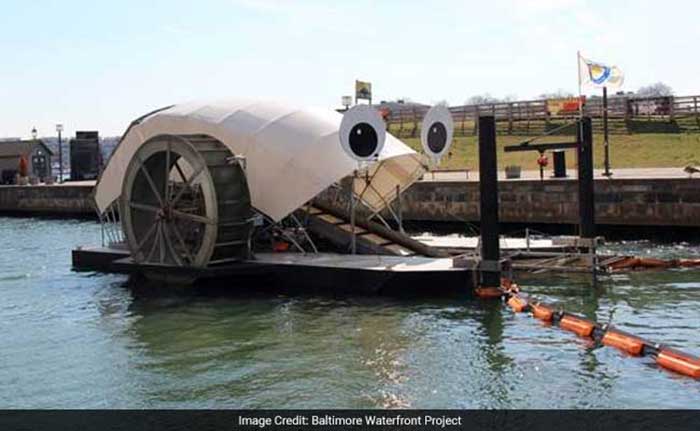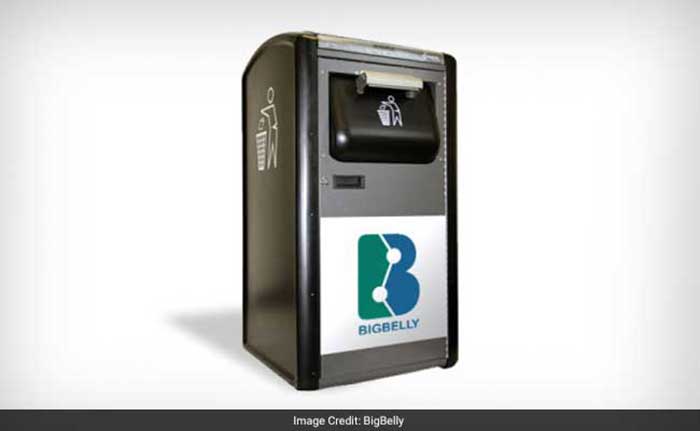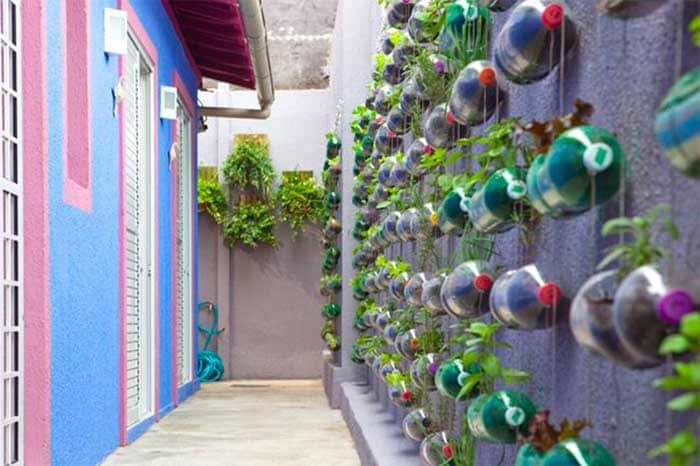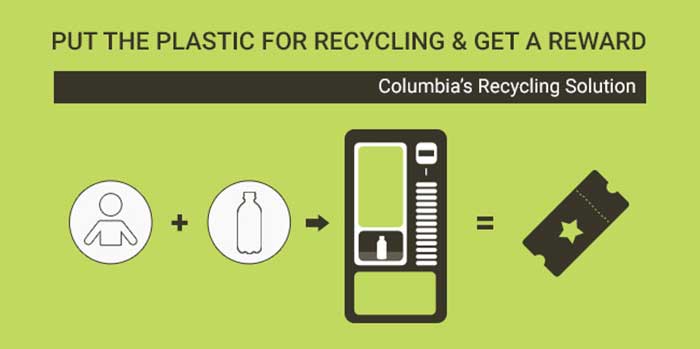5 Innovative Waste Management Practices India Should Adopt From The World
Generating almost 62 million tonnes of garbage every day, India has been among the top 10 countries generating the highest amount of Municipal Solid Waste. Out of the total waste generation, more than 45 million tonnes of waste remains untreated, which is a whopping 72%. Waste management is the foremost value India needs to adopt if it has to achieve the goal of 100 per cent cleanliness by October 2019. Countries like Germany, Australia and USA have set examples of innovative waste management and India can definitely take inspiration from these and implement some of these practices.
United States Of America: Robot's Act of Collecting Waste: Powered by sun and strong river current, the eco-friendly robotic machine picks up garbage and debris from the Baltimore River and deposits the waste into a dumpster barge which is built into this machine. Within a period of 3 years, Mr. Trash Wheel has successfully removed 1.1 million pounds of garbage.

Australia: Bins that help in Segregation, Recycling and Composting: SmartBelly bins treats most of its garbage by segregating the waste at the collection point and then undergoes process of composting, treating most of its waste. Bigbelly (SmartBelly or BigBelly) bins automatically create extra space for garbage when the bin is full. More garbage space means fewer collection trips, lower costs and fewer emissions. One of the major advantages of these bins is that they connect individual bins to garbage collectors that results in a more efficient management of waste.

Germany: Biodegradable ?Leaf Plates' Curbs Plastic Pollution: Inspired by India's traditional custom of eating on leaves, Leaf Republic, a company in Germany is into stitching creeper leaves that come in from India. These cost effective plates serve as an alternative to plastic plates cutting down on plastic pollution. There are eco-conscious companies in India too who are trying to make such eco-friendly and biodegradable plates but the trend is yet to catch on.

Brazil: Use Plastic to Decorate Your House: Did you know a plastic bottle can take up to 1000 years to decompose? A design studio Rosenbaum in Brazil helps and motivates people to reuse their plastic waste in beautifying people's houses. Brazil is also educating people on how to effectively reuse plastic.

Columbia: Rewards to Recycle Plastic: The country produces around 28,800 tonnes of solid waste per day, with 10,000 tonnes of this waste being generated in the main cities of Bogot�, Cali, Medell�n and Barranquilla. To tackle the plastic waste, authorities installed ECOBOT-Vending Machines in shopping malls, institutions and other public spaces. Every time someone deposits a plastic bottle or the bottle caps, they receive restaurant coupons or movie tickets or simply shopping dollars.















